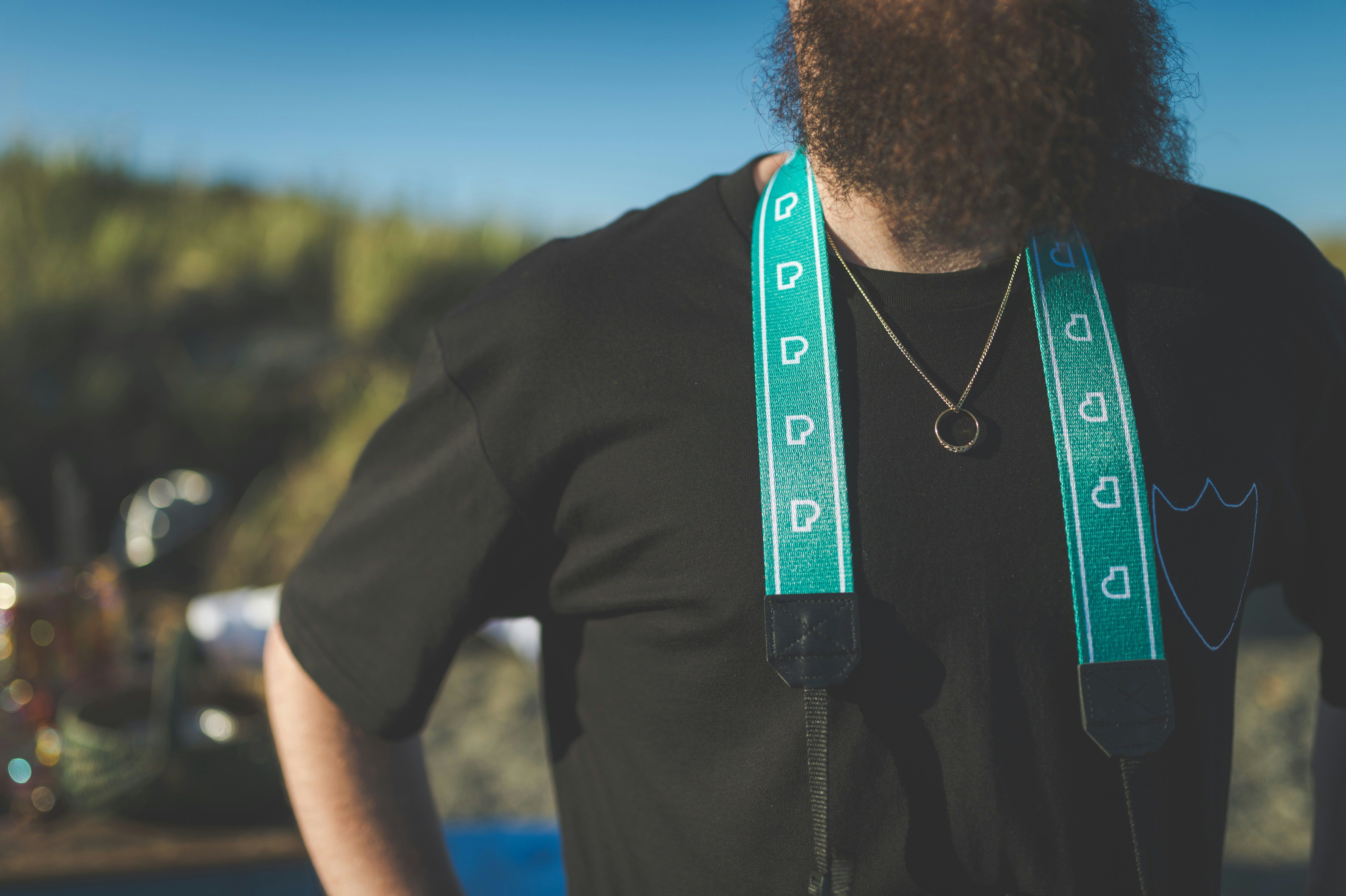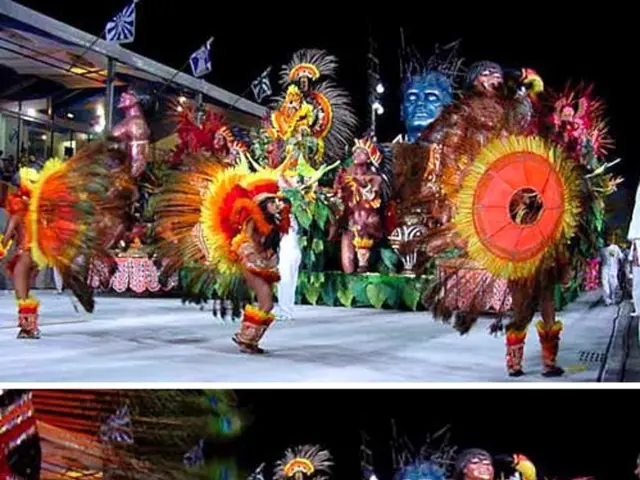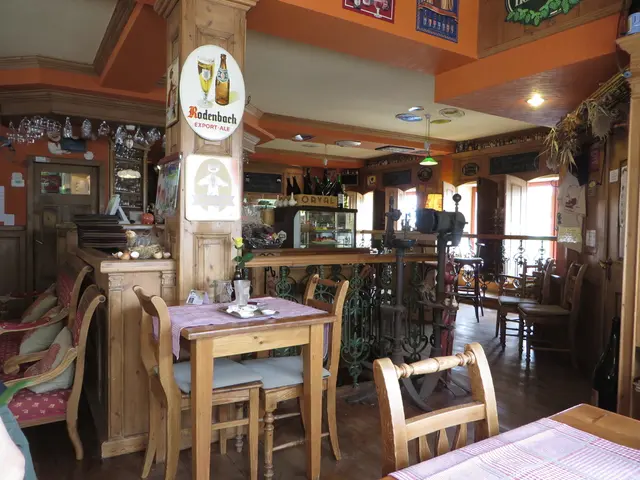Discovering a Second-Hand Motorhome: Comprehensive Insights for Buyers
Buying used motorhomes offers an opportunity to acquire high-end models at a fraction of the new price, with depreciation a significant advantage for budget-conscious buyers. However, it's crucial to approach the process with caution and due diligence to ensure a successful purchase.
In 2021, factors such as Brexit, COVID-19, and the chip shortage led to a surge in motorhome prices, as many part-time converters entered the market to meet the increased demand caused by travel restrictions. As a result, stocks of pre-owned motorhomes became scarce, pushing up prices. Now, however, the market has stabilized, with some dealers facing a reality check as energy and fuel prices have declined, leading to a decrease in costs. If you're considering a purchase, this may present an optimum time to buy.
However, before jumping on Facebook Marketplace in search of deals, it's essential to do your research. False advertisements, scams, and complex transactions are common when buying privately, even on platforms like Facebook Marketplace, where TSB's fraud experts reported that more than a third of listings could potentially be fraudulent. To avoid these pitfalls, follow these tips when purchasing a used motorhome:
- Pick your layout: Familiarize yourself with various motorhome layouts by attending motorhome shows or visiting local dealerships. Research your preferences and focus on layouts that best suit your needs, as no single layout works perfectly for every buyer. Consider hiring or borrowing a motorhome for short-term use to experience different layouts and understand which ones work best for your camping preferences.
- Do your homework: Research specific models and brands by utilizing resources such as motorhome owner clubs or online forums, where experienced owners can provide valuable insights and advice on their vehicles. Pay attention to common issues and complaints associated with particular models to ensure a well-informed decision.
- Inspect the vehicle thoroughly: When viewing a vehicle, bring along a mechanically-inclined friend or specialist to ensure that the motorhome is in good condition. Inspect the chassis, BMI, electrical systems, and interior components for signs of water damage, mold, or other issues. If possible, have the motorhome inspected by a professional prior to purchasing.
- Check the vehicle's history: Obtain a history report from an authorized provider, such as Carfax or HPI, to uncover potential concerns, past damage, or ownership issues. Verify that the VIN matches the title and other paperwork.
- Negotiate wisely: Compare prices and values using resources like NADA or Kelley Blue Book to ensure a fair deal. Be prepared to negotiate based on inspection results, repairs, or any other relevant factors.
- Secure payment and documents: Use a secure method of payment, such as cash, cashier’s check, or money order, to protect against fraud. Confirm that all required paperwork, including the title and bill of sale, is present and legally transferred before finalizing the transaction.
- Verify ownership and avoid scams: Be cautious of suspicious listings or payment requests, and never send money up front without verifying the seller's identity and credibility. Double-check that the vehicle's ID matches the VIN on the title and other documents.
By following these tips and doing thorough research, you can successfully buy a used motorhome with confidence and peace of mind. Happy trailblazing!
- To find the perfect used motorhome, explore motorhome shows or local dealerships to get acquainted with various layouts.
- To make an informed decision, research specific motorhome models and brands using resources like motorhome owner clubs and online forums.
- When viewing a motorhome, bring a mechanically-inclined friend or specialist to inspect the chassis, BMI, electrical systems, and interior components.
- To uncover potential issues with a motorhome's history, obtain a history report from Carfax or HPI.
- By comparing prices and values using resources like NADA or Kelley Blue Book, you can negotiate a fair deal for the used motorhome.
- When making the payment, use a secure method like cash, cashier’s check, or money order to protect against fraud.
- Confirm that all required paperwork, including the title and bill of sale, is legally transferred before finalizing the transaction.
- Be wary of suspicious listings or payment requests, and double-check the vehicle's ID matches the VIN on the title and other documents.
- By following these tips and doing thorough research, you can buy a used motorhome confidently, paving the way for an exciting camping adventure ahead. Whether you're into home-and-garden, sports, sports-betting, travel, RV, camping, or campervan lifestyle, owning a motorhome can be the perfect addition for your next holiday.








